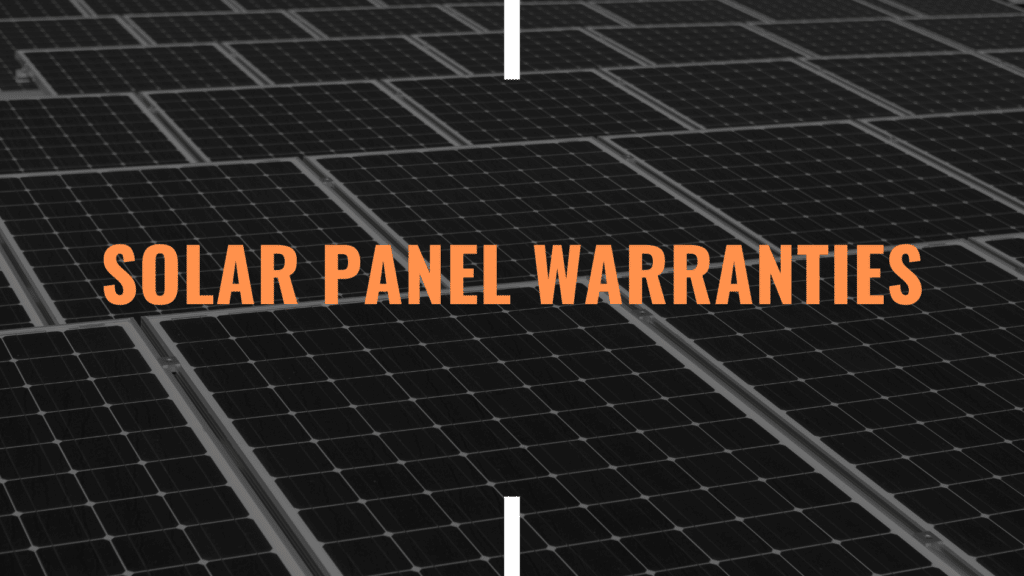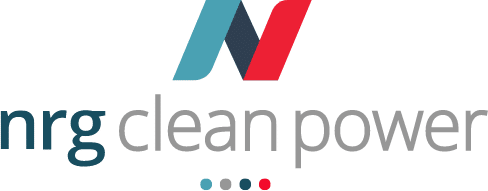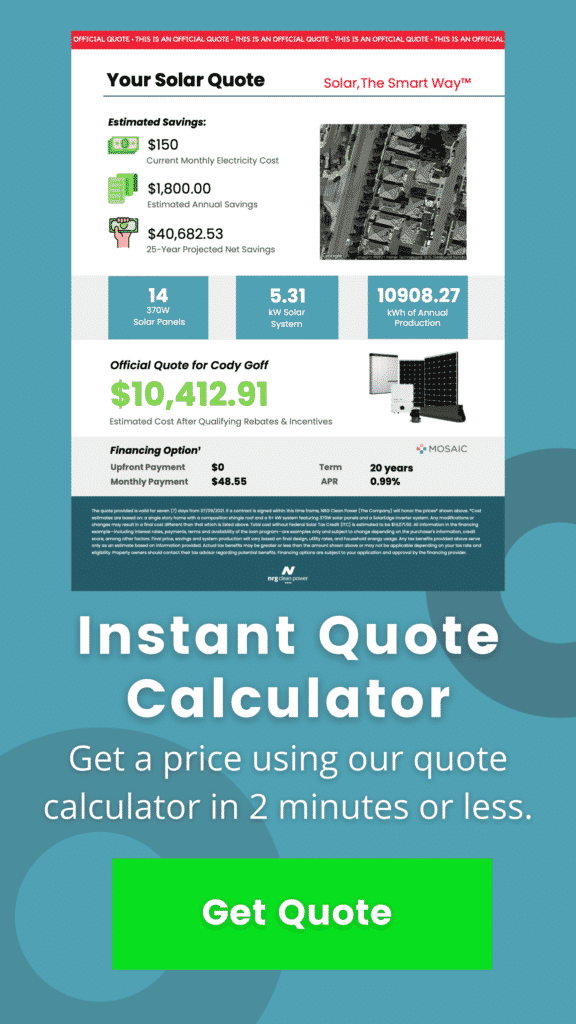
Solar panel warranties are crucial for safeguarding your investment in solar energy, but comparing them can be a daunting task. Even after reviewing extensive documentation, deciphering the disparities between warranties offered by different manufacturers can seem like comparing apples to oranges.
Fortunately, we’re here to simplify them for you.
Continue reading to discover everything you need to know about solar warranties!
Why Are Solar Panel Warranties Important?
Warranties serve as a testament to the quality of a product. Companies typically offer superior warranties for products of higher quality.
While solar panel failures are exceedingly rare due to their design to endure for decades and withstand harsh weather conditions, occasional errors may still occur. Warranties provide customers with assurance that the products are of top-notch quality and free from defects.
Having coverage for a significant investment like solar panels offers peace of mind. In the event of any issues with your system, it’s reassuring to know that there may be a resolution available. However, it’s important to note that testing panels to identify any manufacturing defects can be a time-consuming process.
Types of Solar Panel Warranties
While many home appliances typically come with a basic warranty offering free replacements within a specified period, solar panels are protected by various types of warranties that cover a range of potential issues.
Product Warranty
The product warranty provides complimentary replacement of your solar panels in case of malfunction caused by material or workmanship defects. The duration of coverage differs based on the brand and product, but the solar industry typically offers warranties of 10 years or longer.
As a minimum requirement, it’s advised to seek a warranty providing coverage against panel failure for at least a decade. However, the Marketwatch Guides Team suggests opting for solar panels equipped with a 25-year product warranty, as several brands now offer this extended coverage.
Power Warranty
Power warranties, or performance warranties, are commonly associated with renewable energy equipment like solar panels and wind turbines. Photovoltaic (PV) cells experience a gradual performance decline, resulting in a slight annual reduction in electricity generation. However, a power warranty ensures that this decline occurs at a very gradual rate.
Solar panel manufacturers establish a maximum degradation rate, and the power warranty safeguards you if the panels degrade faster. For instance, if the manufacturer specifies a performance loss of 0.50% per year, and your solar panels begin to lose 1% of their productivity annually, the performance guarantee kicks in, entitling you to a replacement.
Power warranties typically extend beyond product warranties, with most manufacturers offering coverage for 25 to 30 years. High-quality panels experience approximately 2% to 3% productivity loss in the first year, followed by less than 0.50% degradation annually thereafter.
Consequently, top-tier solar panels can maintain at least 85% of their initial electricity output over 25 years.
An ideal solar panel performance warranty should include the following conditions:
- Degradation is limited to no more than 2% to 3% in the first year
- Degradation capped at no more than 0.50% in subsequent years
- Coverage extending for 25 to 30 years against productivity loss
- Certain solar manufacturers may even guarantee a degradation rate as low as 0.25% per year, coupled with a performance warranty period of up to 30 years.
Installation Warranty
The best solar companies provide homeowners with their installation warranty, which complements the manufacturer’s warranties. While manufacturer warranties primarily cover issues related to the solar panels themselves, such as material defects, workmanship defects, and loss of power output, the solar installation warranty extends additional protection to the entire photovoltaic system.
This comprehensive coverage includes issues of other system components like racking and wiring. While many solar brands focus solely on manufacturing and enlist approved contractors for installation services, companies like SunPower and Tesla offer their installation services.
In such cases, homeowners may benefit from an integrated warranty offering full coverage for product, performance, and installation.
Solar installation warranties typically range from around five years to 25 years. Generally, the most robust warranties are obtained by hiring installation companies certified by the solar brands they represent. Alternatively, long warranties can also be secured from solar manufacturers that provide their own installation services.
What Is Not Covered by a Solar Panel Warranty?
Solar panel warranties do not extend to other system components such as inverters, racking, and batteries. These components are covered by their own product warranties, which typically have shorter durations compared to solar panel warranties.
Solar batteries and inverters typically have a service life of 10 to 12 years, with warranties lasting five years or longer. Depending on the manufacturer, some warranties may cover the entire service life of the product. For instance, the Tesla Powerwall and LG Chem RESU, recognized as top home batteries, both come with a 10-year warranty.
Microinverters, which are installed on each solar panel instead of using a central string inverter for the entire array, may have warranties lasting up to 25 years if this configuration is chosen.
It’s important to note that solar warranties typically do not provide coverage for damage resulting from incorrect use of the panels. Solar manufacturers furnish warranty documents containing detailed terms and conditions, which should be carefully reviewed.
How To Keep Your Warranty Valid
Top-tier solar brands provide exceptional warranties, but coverage is contingent upon proper usage of the panels. Several common scenarios can lead to voiding a solar panel warranty.
Installing Solar Panels on Your Own
Many solar manufacturers require professional installation for warranty coverage. Attempting a DIY installation, even if successful, typically voids the warranty.
Moreover, any alterations to your solar system, such as adding additional panels or integrating a battery system, should be conducted by professionals. Modifying or rewiring the system independently often results in warranty nullification.
Not Cleaning Your Solar Panels Properly
It’s crucial to refrain from using abrasive tools or chemical agents when cleaning solar panels, as this can result in damage not covered by the manufacturer’s product warranty. To prevent scratches, it’s advisable to clean solar panels using gentle tools such as squeegees and soft brushes.
Solar panels generally require minimal maintenance due to their lack of moving parts prone to mechanical wear. However, excessive dirt buildup can negatively impact their warranty. Many solar companies recommend cleaning panels at least twice a year, although more frequent cleaning may be necessary in certain areas.
For instance, panels exposed to constant sand or construction dust may require cleaning more frequently than twice a year.
Not Responding to Warning Signs of Panel Damage
Any indications of damage to solar panels should be promptly reported, as many issues can exacerbate if neglected. In certain instances, a malfunctioning solar panel may lead to secondary damage not covered by the warranty.
Additionally, warranties may not apply if evidence suggests that an issue was left unaddressed for an extended period.
Many solar inverters feature an energy monitoring system that enables tracking of daily kilowatt-hour generation. This system can also aid in identifying issues that may not manifest as visible damage.
It’s important to note that solar panels typically exhibit slightly lower productivity during winter due to fewer sunlight hours, as well as reduced output on cloudy days. However, encountering power generation issues on sunny days serves as a clear warning sign, warranting contact with the system installer for inspection.
FAQs
How Do You File a Solar Panel Warranty Claim
Usually, warranty claims are initiated through your installer. It’s important to inquire about the claim process and terms when selecting your installer.
How Long Is a Solar Panel Warranty?
Solar panel warranties vary depending on the manufacturer, but in the solar industry, a 10-year product warranty and a 25-year performance warranty are typically considered the minimum standard. However, some manufacturers provide a 25-year product warranty and extend the performance warranty to 30 years.
How Much Does a Solar Panel Warranty Cost?
In most cases, the cost of a solar panel warranty is $0. Solar manufacturers typically include both the product warranty and performance warranty with the purchase of the panels.
Final Thoughts
A solar system is a long-term investment, with a typical lifespan of 25 to 30 years. While solar panels require minimal upkeep and seldom encounter issues, having a robust warranty can provide peace of mind throughout your solar journey.
To ensure the longevity of your solar system, selecting a reputable installer that offers a comprehensive warranty tailored to your requirements is paramount.


